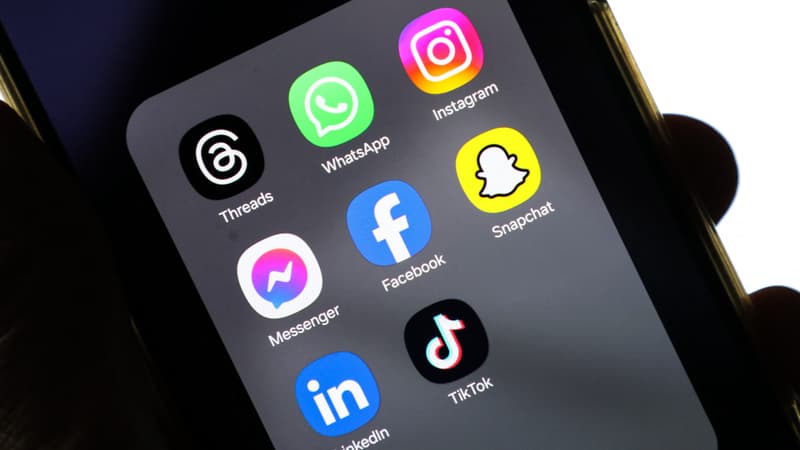This is the most widespread offensive in influencers: many of them do not systematically indicate the advertising nature of some of their publications. Commercial collaborations (also called product investments) carried out in their social networks are one of the main means of remuneration of influence.
Whether this content is paid in kind (product or service offered) or not, it is a commercial collaboration. And the influencers have the obligation to mention it explicitly, otherwise they are exposed to a two -year prison sentence and a fine of 300,000 euros. These are these famous “advertising”, “paid associations” or “commercial collaboration”.
Since 2021, the ARPP, the Regulatory Agency for Professional Advertising in France, analyzes each year, in a report, the way in which influencers publications respect the law. The ARPP selects several tens of thousands of influence publications on Instagram, Tiktok and YouTube, and see if they mention their commercial intention, when it exists.
This 2025 edition shows that some influencers still do not. 84% of the content analyzed by the Observatory for responsible influence agrees, when 16% do not (8% are “improvable” and 8% have an unidentified association).
A new method
These results are not really comparable to those of previous years, because the ARPP has adopted a different methodology for this study. The field of analysis has been extended, with the help of artificial intelligence, to better detect advertising content. The text, image and sound in publications are now taken into account, while the system was limited to textual keywords, present in the titles and descriptions of publications. When combining this technique in the previous one, the ARPP reaches the 84% compliance figure.
But taking into account only the results given by artificial intelligence, infractions are more numerous. About 66% of the content published in 1ᵉʳ Semester 2025 has at least one start of identification. This means that one third of them does not respect the law (11% are “improvable” and 23% are not “).
This is explained in particular by the fact that AI not only analyzes the sponsored publications. “We have extended widely and decided to move to 400,000 content, whether organic or commercial, because we wanted to catch all completely hidden collaborations. We have a much more faithful vision of the reality of practices with this approach,” said Mohamed Mansouri, deputy director of APP, with Tech & Co.
Most demanding audiences
Another observation of the ARPP: the practices of the smallest creators (less than 10,000 subscribers) are closer to those of the most followed (more than one million subscribers), while until now they were less transparent.
“While in 2023, the gap was 15 points (23% of the deficiencies in small people against 8% in large), then still 10 points in 2024 (15% against 5%), it is only a point in 2025: 7% of the deficiencies for young people, against 6% for large”; The ARPP underlines in a press release.
“This year, non -compliance rates tend to uniforms thanks to a better knowledge of the rules of small creators,” he greets Mohamed Mansouri. Which explains by the fact that these smaller influences “are also part of the public” of their colleagues.
“There is a form of organic regulation by the audiences. Because they are aware of the legal framework, they will say it when the influencers are not transparent,” says the deputy director of the ARPP. Now it is more rare to see a deplore of subscribers in the comments that a product offered has not been mentioned as such, for example.
Self -regulation
This generalized knowledge is explained to the audiences, according to Mohamed Mansouri, for the coverage of the media around the 2023 influence law, by the scandals linked to the excesses of certain influences, but also by the self -regulation of the sector.
The ARPP has been offering since 2021 a “certificate of responsible influence”, a kind of training of influential people in the rules of their environment. More than 2,200 content creators are certified. The ARPP report emphasizes that they “respect the rules three times better than non -certified” in the identification of commercial collaborations.
And when the organization observes a violation on their part, they are sent a letter. In case of trial, the ARPP can suspend its certificate. This has never happened until then, but, according to Mohamed Mansouri, several cases are being studied for a possible suspension.
For their part, public authorities also try to act in the face of the excesses of a relatively recent profession. In recent years, several influential people have received fines for “deceptive commercial practices”, such as former reality shows candidate Julien Tanti or former Snapcheuse Poupette Kenza.
Source: BFM TV


